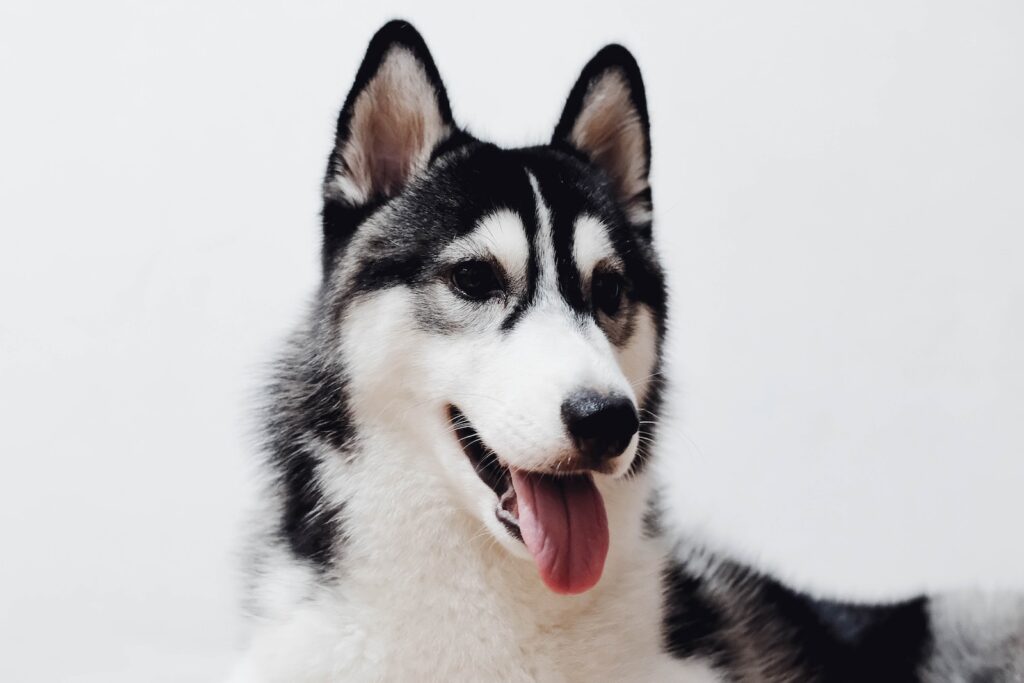Can Dogs Eat Pecans? — No, They Can’t
Pecans may be a delightful treat for us humans, but unfortunately, they pose potential risks for our furry friends. Dogs should not consume pecans due to several reasons that we’ll explore further in this blog. While it may be tempting to share your pecans with your canine companion, it’s crucial to prioritize their health and well-being.
Can Puppies Eat Pecans?
Just like adult dogs, puppies should not be given pecans to eat. In fact, puppies are even more vulnerable to the harmful effects of pecans due to their delicate digestive systems and developing bodies. It’s best to avoid exposing them to potential hazards by keeping pecans away from their reach.
Why are Pecans Harmful for Dogs?
Pecans can be detrimental to your dog’s health, and here are the primary reasons:
Risk 1: Digestive Upset
Pecans contain high levels of fat, which can lead to digestive issues in dogs. Consuming pecans may cause stomach pain, diarrhea, and even pancreatitis, a serious condition that requires immediate veterinary attention.
Risk 2: Choking Hazard
Pecans are relatively large-sized nuts, and dogs may accidentally swallow them whole without proper chewing. This increases the risk of choking or developing an obstruction in their digestive tract, which could necessitate surgery to remove the blockage.
Risk 3: Toxicity
Pecans contain a naturally occurring substance called juglone, which is toxic to dogs. If they consume pecans in significant amounts, it can lead to symptoms such as weakness, tremors, seizures, and even organ failure.
Symptoms to Watch Out For After Dogs Consume Pecans
- Vomiting: Your dog may experience recurrent vomiting after ingesting pecans.
- Lethargy: Pecans can cause a feeling of sluggishness and lack of energy in dogs.
- Loss of Appetite: If your dog loses interest in food after consuming pecans, it could be a sign of underlying health issues.
Immediate Steps to Take if Your Dog Eats Pecans
- Monitor Their Condition: Keep a close eye on your dog’s behavior and symptoms after they’ve consumed pecans. If any concerning signs or complications arise, contact your veterinarian immediately.
- Offer Water: Encourage your dog to drink water to aid in flushing out any potential toxins or easing any discomfort.
- Refrain from Inducing Vomiting: Unlike some other toxic substances, inducing vomiting in cases of pecan consumption is often not recommended. It’s best to consult with your vet for guidance specific to your dog’s situation.
Safe Alternatives to Pecans
While pecans are off-limits for dogs, there are safe alternatives that they can enjoy. Consider offering your dog these safer food options instead:
- Almonds — Almonds can be a suitable alternative to pecans, but they should be unsalted and offered in moderation due to their high fat content.
- Peanuts — Peanuts, when unsalted and served in moderation, can be a safe and enjoyable snack for dogs.
- Cashews — Like other nuts, cashews should be unsalted and given sparingly as a treat for your dog.
Conclusion
In summary, it is advisable to refrain from feeding pecans to your beloved dogs. The potential risks of digestive upset, choking hazards, and the toxicity associated with pecans make them unsuitable for canine consumption. Always prioritize their well-being and consider safe alternatives to satisfy their snack cravings. If you suspect your dog has ingested pecans or any other harmful substances, don’t hesitate to seek veterinary assistance promptly.
Frequently Asked Questions
Can pecans cause pancreatitis in dogs?
Yes, consuming pecans can potentially lead to pancreatitis in dogs due to their high-fat content.
Are pecan shells toxic to dogs?
While pecan shells are not directly toxic, they can cause gastrointestinal issues and even pose a choking hazard to dogs.
Can dogs eat other types of nuts?
Other types of nuts, such as almonds and peanuts, can be safe alternatives if offered in moderation and without added salt.
What should I do if my dog accidentally eats pecans?
If your dog consumes pecans, monitor their condition closely and contact your veterinarian for further guidance and appropriate measures to ensure their well-being.






